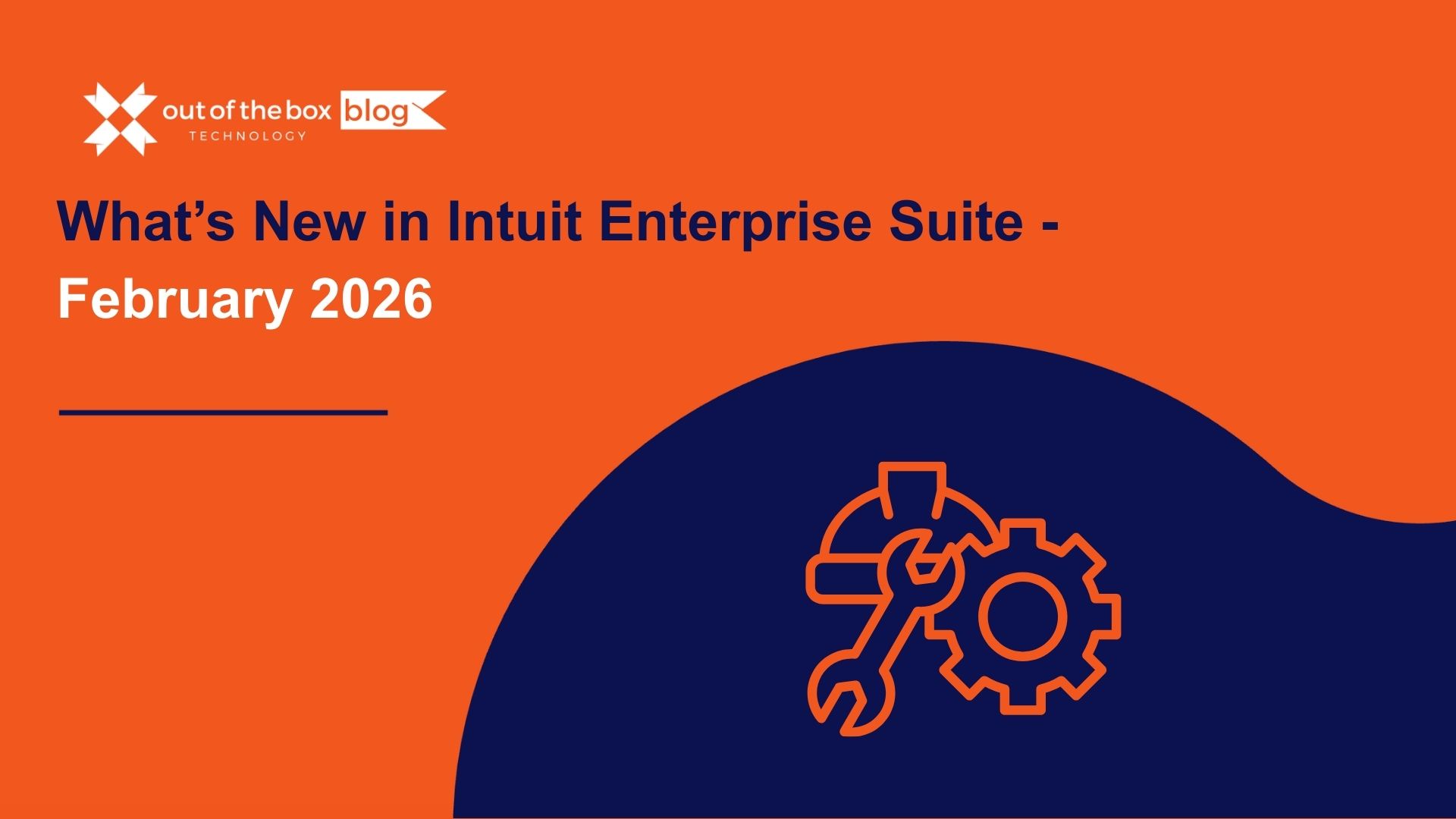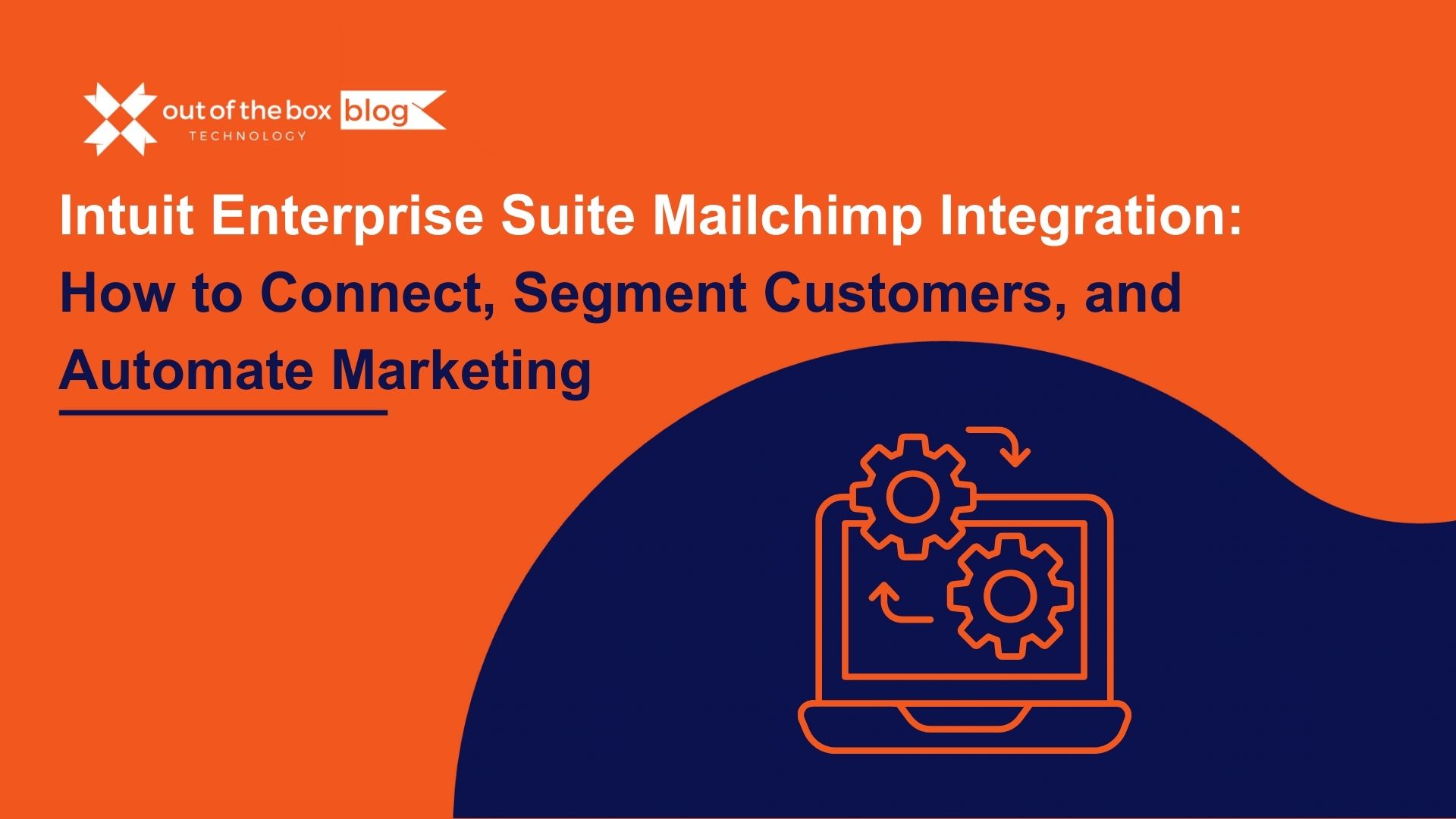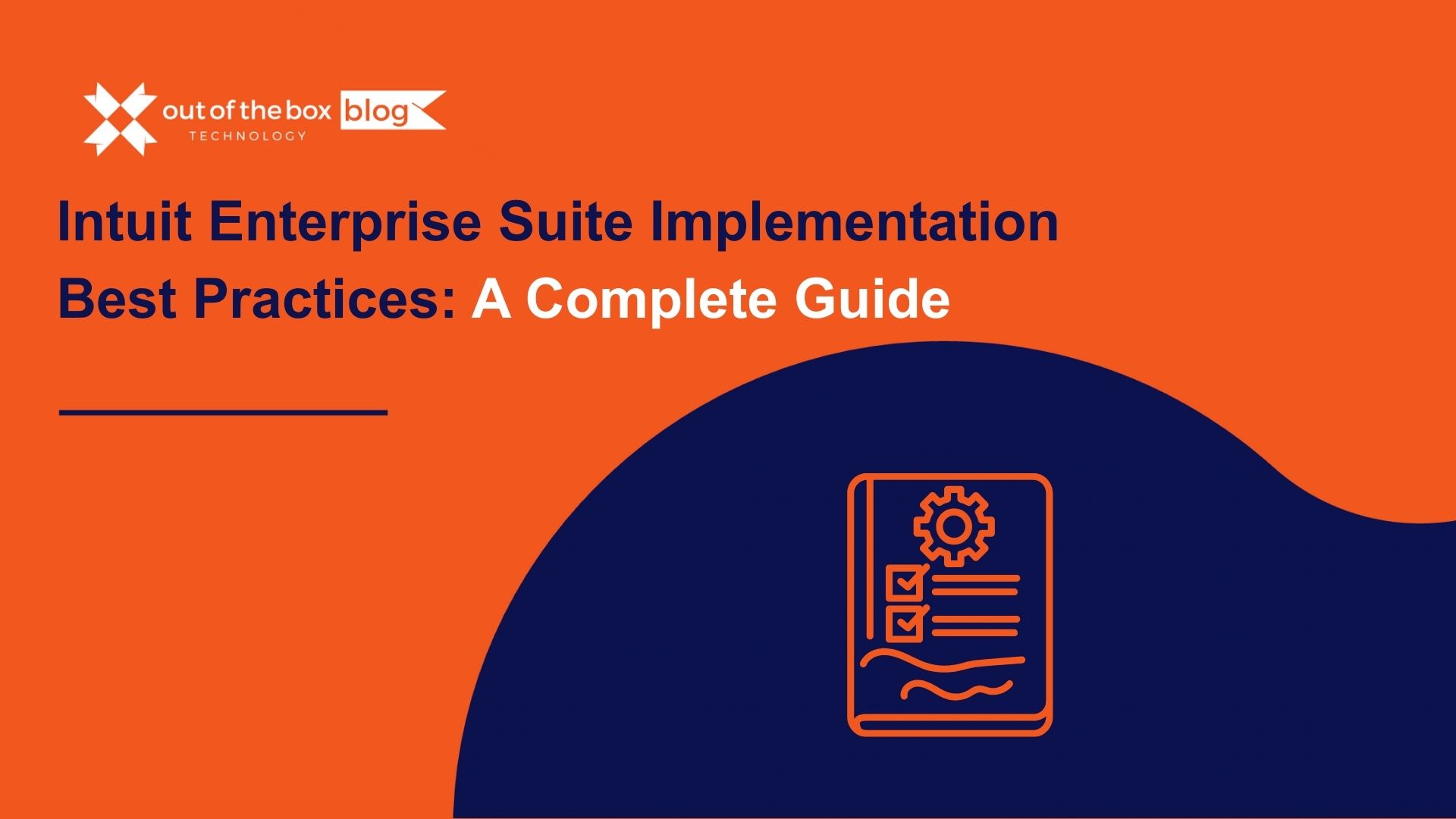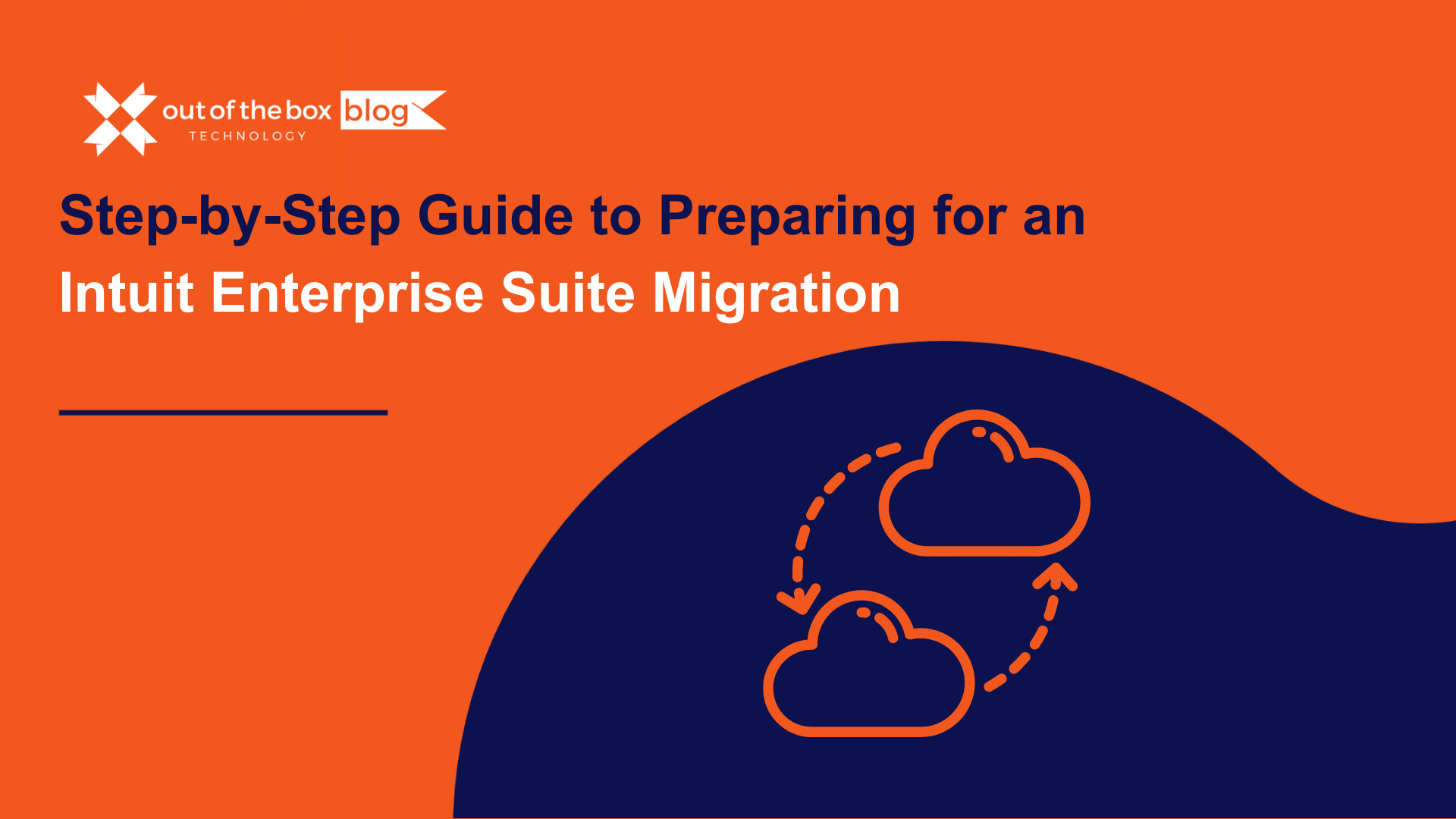Top Mistakes to Avoid When Outsourcing Your Accounting
Outsourcing accounting can be a strategic move for businesses of all sizes. It allows you to focus on your core operations while experts manage your financial processes. However, like any business decision, outsourcing accounting comes with its own set of challenges. Without proper planning and awareness, outsourcing can lead to costly mistakes and inefficiencies.
In this post, we’ll explore the most common mistakes businesses make when outsourcing accounting, provide examples and data points to illustrate these pitfalls, and share actionable solutions to avoid them. We’ll also address some frequently asked questions (FAQs) to help you make informed decisions.
1. Choosing the Wrong Accounting Provider
One of the biggest mistakes companies make is selecting the wrong outsourcing partner. Not all accounting firms are created equal, and a poor fit can result in missed deadlines, compliance issues, or even financial fraud.
Example of Poor Fit
Imagine a fast-growing e-commerce business that outsources accounting to a generalist firm that lacks experience with e-commerce platforms like Shopify or WooCommerce. This mismatch can lead to errors in inventory tracking, tax calculations, and sales reporting.
Data Point
According to a survey by Deloitte, 23% of businesses that outsourced accounting reported dissatisfaction due to the service provider’s lack of industry-specific knowledge.
How to Avoid This Mistake
- Do Your Research: Look for providers with experience in your industry.
- Check References: Ask for client references and case studies.
- Evaluate Skills: Ensure they are familiar with the accounting software and systems you use (e.g., QuickBooks, Xero, NetSuite).
2. Lack of Clear Communication and Expectations
When expectations aren’t clear from the outset, misunderstandings are inevitable. Ambiguity can lead to delayed reports, inaccurate financial statements, or unmet goals.
Example of Miscommunication
A small law firm outsourced its accounting but failed to communicate the frequency and format of the financial reports it needed. The outsourced team provided quarterly reports, but the firm required monthly updates. This misalignment led to delayed decisions and cash flow issues.
Data Point
A study by the Project Management Institute (PMI) found that 56% of project failures are attributed to ineffective communication.
How to Avoid This Mistake
- Set Clear Expectations: Define the scope of work, reporting frequency, and deadlines.
- Regular Check-Ins: Schedule weekly or bi-weekly meetings to discuss progress and address issues.
- Use Collaboration Tools: Platforms like Slack, Asana, or Trello can streamline communication.
3. Ignoring Data Security and Compliance
Your accounting data is sensitive. Failing to ensure your outsourcing partner has robust data security measures can expose you to fraud, data breaches, or regulatory violations.
Example of Data Breach
In 2021, 56% of small businesses reported experiencing a data breach, according to Verizon’s Data Breach Investigations Report. Some breaches occurred due to vulnerabilities in third-party vendors.
Data Point
60% of small businesses go out of business within six months of a cyberattack, according to the National Cyber Security Alliance.
How to Avoid This Mistake
- Verify Security Protocols: Ensure your provider uses encryption, secure file transfers, and multi-factor authentication.
- Compliance Checks: Confirm they comply with regulations like GDPR, CCPA, or SOC 2.
- Non-Disclosure Agreements (NDAs): Have a legal agreement to protect your data.
4. Failing to Integrate Systems Properly
When your systems and the outsourced accounting team’s systems don’t integrate seamlessly, it can lead to inefficiencies, errors, and data duplication.
Example of Integration Failure
A manufacturing company uses an ERP system to track inventory and production but outsources accounting to a firm that uses standalone accounting software. The lack of integration leads to manual data entry errors and reconciliation delays.
Data Point
According to Zapier, 70% of small businesses say automation and system integration are key to business efficiency.
How to Avoid This Mistake
- Ensure Compatibility: Choose a provider who can work with or integrate their software with your existing systems.
- Use APIs: Leverage APIs to connect different platforms and automate data transfer.
- Test Integrations: Conduct thorough testing before fully implementing the outsourcing process.
5. Not Having a Clear Exit Strategy
Sometimes, outsourcing relationships don’t work out. Without an exit strategy, you might face disruption or loss of critical data if you need to switch providers.
Example of Poor Exit Planning
A retail business decided to end its outsourcing agreement due to dissatisfaction. However, because there was no clear exit plan, they struggled to retrieve their historical financial data, causing delays in their accounting processes.
How to Avoid This Mistake
- Include Exit Terms: Ensure your contract specifies how data will be returned and timelines for offboarding.
- Backup Data: Regularly back up your financial data.
- Contingency Plans: Have a plan for transitioning to a new provider or bringing accounting back in-house.
6. Overlooking the Importance of Scalability
Your business may grow faster than anticipated. If your outsourcing partner can’t scale with you, it can hinder your growth.
Example of Scalability Issues
A tech startup doubled in size within a year but kept working with the same small outsourcing firm. The provider couldn’t keep up with the increasing transaction volume, resulting in delayed financial reporting.
Data Point
According to a survey by Clutch, 29% of businesses outsource to achieve scalability.
How to Avoid This Mistake
- Assess Scalability: Ask your provider how they handle growth and higher volumes.
- Flexible Contracts: Opt for contracts that allow for adjustments as your business evolves.
7. Focusing Only on Cost Savings
Outsourcing accounting can save money, but if you focus solely on the lowest cost, you may sacrifice quality.
Example of Cost-Driven Decision
A company hired the cheapest accounting firm but later discovered significant errors in tax filings. Fixing these mistakes cost more than hiring a qualified firm initially.
Data Point
The average cost of fixing financial errors due to poor-quality accounting can be 5-10 times higher than the cost of proper accounting services (Source: Accountancy Age).
How to Avoid This Mistake
- Balance Cost and Quality: Consider factors like expertise, reputation, and service quality.
- Value-Based Pricing: Look for providers that offer value-driven pricing models.
FAQs About Outsourcing Accounting
1. What types of accounting tasks can be outsourced?
Common tasks include:
- Bookkeeping
- Payroll processing
- Tax preparation and filing
- Financial reporting
- Accounts payable/receivable
2. Is outsourcing accounting cost-effective?
Yes, outsourcing can reduce costs by up to 40% compared to in-house accounting (Source: Deloitte). It eliminates expenses for salaries, benefits, training, and software.
3. How do I ensure data security when outsourcing accounting?
- Choose providers with strong security protocols.
- Ensure compliance with relevant regulations.
- Use NDAs and data protection agreements.
4. Can I switch providers easily if I’m dissatisfied?
Yes, but it’s easier if you have a clear exit strategy. Ensure your contract specifies how data will be transferred and have backups.
5. How do I know if outsourcing is right for my business?
Outsourcing is ideal if:
- You want to focus on core business activities.
- You lack in-house expertise.
- You want to reduce costs.
Conclusion
Outsourcing accounting can streamline operations and save costs, but only if you avoid common pitfalls. By choosing the right provider, setting clear expectations, ensuring data security, and planning for scalability, you can make outsourcing a valuable part of your business strategy.
Take the time to vet potential providers and have clear processes in place. With the right approach, outsourcing accounting can be a seamless, beneficial solution for your company’s financial needs.
Simplify Your Bookkeeping Today!
Discover the benefits of outsourcing bookkeeping for your small business. Contact us now to schedule a consultation and take the first step toward financial clarity and success!




